- 02 9712 1736
- [email protected]
- 212 Great North Road, Five Dock, NSW 2046
- Open 7 days a week
Have I damaged my rotator cuff, is a question physical therapists hear often. Rotator cuff injuries are a common cause of shoulder pain, tightness and dysfunction. Rotator cuff injuries involve damage or strain to any of the muscles or tendons that stabilise your shoulder. Understanding the symptoms and treatment options for rotator cuff damage is essential for proper diagnosis and management of rotator cuff injuries.
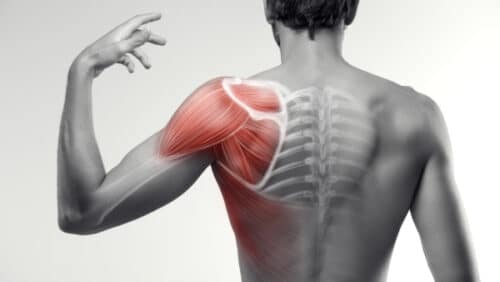
The rotator cuff is a group of muscles and tendons that surround the shoulder joint. The muscles work together to provide stability to your shoulder. This allow you to have a wide range of motion in your shoulder. The rotator cuff muscles include the supraspinatus, infraspinatus, teres minor, and subscapularis. Your teres major, latissimus dorsi and pectoral muscles are not consider a rotator cuff muscle.
The symptoms of rotator cuff damage can vary but commonly include shoulder pain, weakness, and a limited range of motion. You may also experience pain that radiates down the arm, particularly when lifting or reaching overhead. If you have been experiencing shoulder pain for an extended period of time, you may notice some pin’s and needles travelling form your shoulder down towards your hand. Rotator cuff injuries are distributive to your daily life. Often patient complain of disturbed sleep, due to the pain you are experiencing.
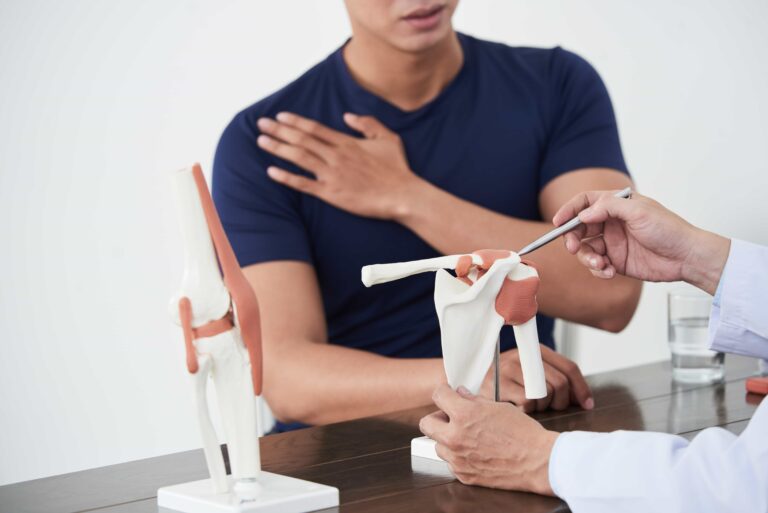
Acute rotator cuff tears typically occur suddenly. For many patient this is due to a traumatic event such as a fall or lifting a heavy object. Generally you will experience an intense onset of pain around your shoulder joint and in many cases a feeling of weakness. Chronic rotator cuff tears develop over time, often as a result of repetitive stress or degenerative changes in the shoulder. The onset of symptoms is gradual and normally begins with a dull ache in the shoulder which slowly progresses in intensity and duration. With time, the effects of chronic inflammation will also decrease the integrity of your rotator cuff tendons and muscles.
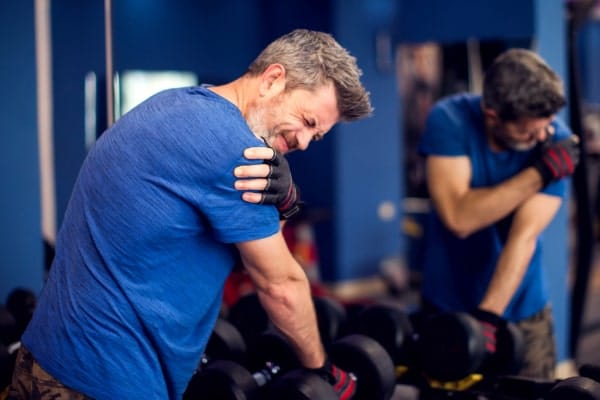

Rotator cuff injuries are relatively common, especially among adults over the age of 40. It is estimated that up to 28% of the population may have a rotator cuff tear. Research has shown the prevalence increasing with age. If you engage in regular overhead activities or have a job which requires your arms to be raised, like hairdressing, you are more likely to experience a rotator cuff injury.
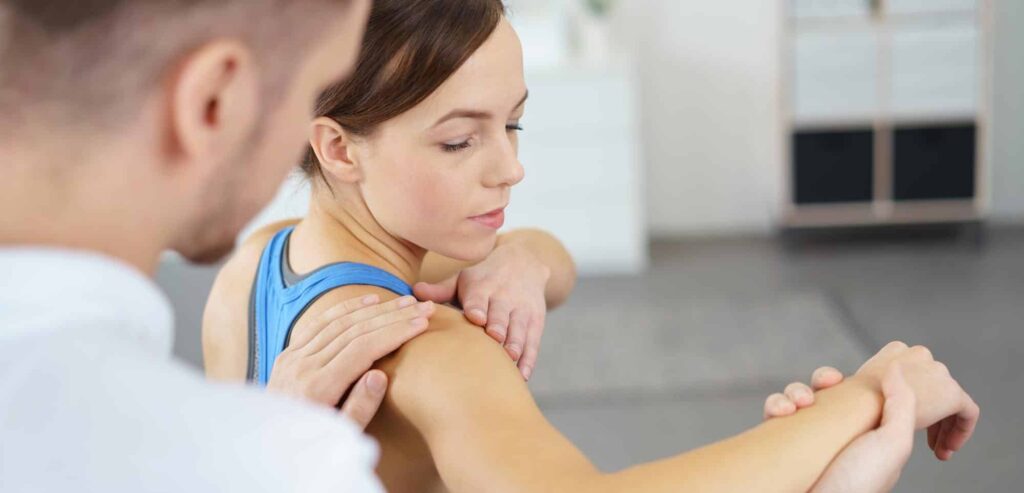
Acute rotator cuff injuries are often caused by traumatic events such as falls or lifting heavy objects. Chronic rotator cuff injuries are more commonly caused by overuse or degenerative changes in the shoulder joint. Chronic rotator cuff injuries come from a slow decrease in blood supply to the tendon, leading to gradual damage, which becomes worse with time.
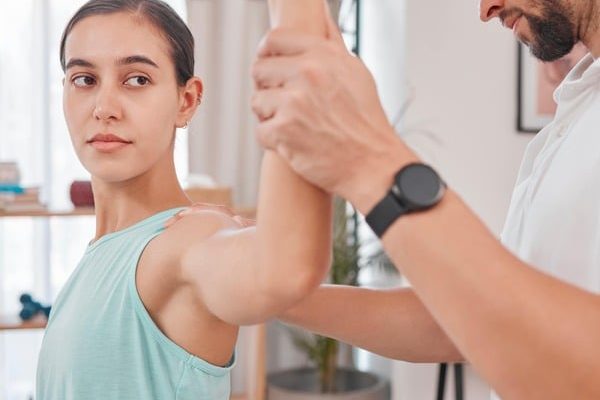
Rotator cuff injuries are typically graded on a scale from 0 to 3, with 0 indicating no tear and 3 indicating a full-thickness tear. Grade 1 tears are partial thickness tears less then 3mm deep, while grade 2 tears are partial thickness tear between 3-6mm deep, grade 3 tears are partial to full-thickness tears that do not completely sever the tendon.
A rotator cuff injury is typically diagnosed based on a physical examination, medical history, and imaging tests. These may include X-rays, ultrasound, or magnetic resonance imaging (MRI) scans to assess the extent of the damage. On MRI imaging grading is as follows:
MRI scans are often used to diagnose a rotator cuff injury. MRI scans provide detailed images of the soft tissues in the shoulder, including the muscles and tendons of the rotator cuff. Your treating clinician will often refer you to have an MRI so an accurate treatment plan can be implemented.
Treatment for rotator cuff injuries depends on the severity of the injury but may include rest, ice, physical therapy, and in severe cases (avulsion of tendon) surgery. The first step with any rotator cuff injury is to begin conservative care to decrease your symptoms and improve your mobility and strength. Physical therapy exercises can help strengthen the shoulder muscles and improve your range of motion. If you do not respond to conservative care your therapist will refer you on to a shoulder specialist for a surgical opinion.
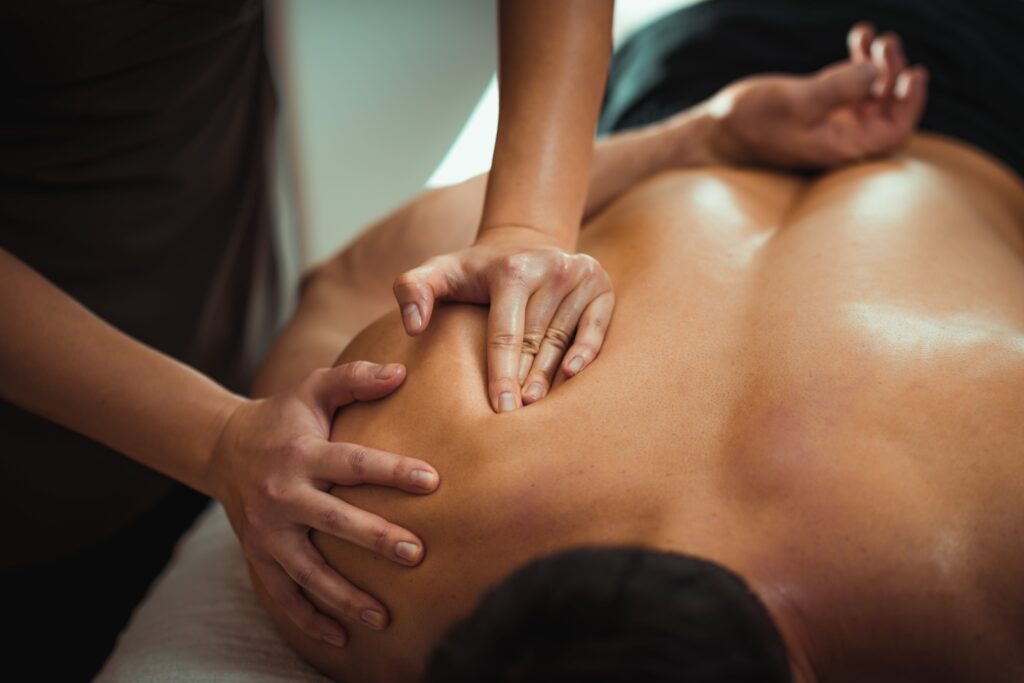
Yes, many patients experience great results from rotator cuff injuries without the need for surgery. This is especially true when you are diagnosed and treated early. The key is to begin treatment as soon as you begin to experience pain. When you delay your treatment your injury can progress, making it harder for a physical therapist to heal your injury. With physical therapy and conservative treatments you can help improve shoulder function and reduce pain in many cases. This is because with care you are increase blood flow to the damaged area and allowing the body to heal and decrease stress on your tendons.
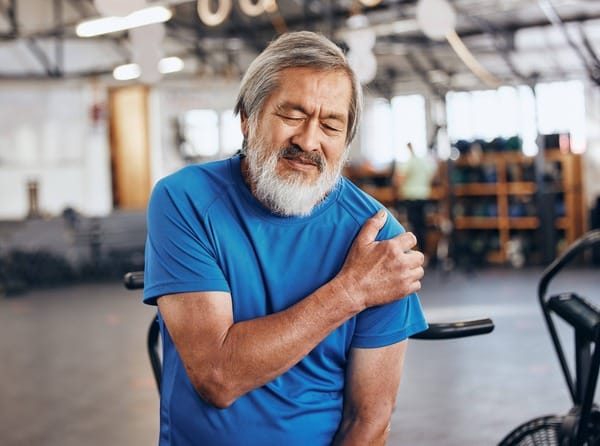
Failure to seek diagnosis and treatment for a rotator cuff injury can lead to further damage and long-term complications, including chronic pain, weakness, and loss of shoulder function. Patients who ignore shoulder pain and tightness often find their symptoms increase with time. The further your symptoms progress the lower your chances, conservative care will help improve your symptoms.
Seeking prompt treatment for a rotator cuff injury is crucial to prevent long-term degeneration of the shoulder joint and improve mobility. Every time you use a damaged tendon or muscle you are placing strain on the tendon and muscle. These leads to micro tearing of the damaged rotator cuff muscle and a progression of your symptoms. Treatment can help strengthen the muscles and tendons of the rotator cuff and reduce the risk of further injury.

Building strength and stability in the shoulder muscles is important for preventing future injuries and improving overall shoulder function. Physical therapy exercises can help strengthen the muscles and improve range of motion. Exercise given to improve your rotator cuff strength shoulder begin with scapula retraining. This is where your therapist gives exercises, such as functional movement exercises, to correctly use your shoulder blade. After you have correct scapula use, your therapist will progress to strengthening individual rotator cuff muscles. Providing you stability when using your shoulder and decreasing the risk of injury.
Living an active lifestyle can help prevent stiffness and improve overall shoulder function. Gentle exercises, such as stretching and range-of-motion exercises, can help maintain flexibility and reduce the risk of further injury. It is important to remember, you don’t have to join the gym or exercise to the extreme to maintain your shoulder health. Regular gentle to medium exercise, depending on your age and circumstances, will help to maintain the overall integrity of your shoulder joint.
There are several preventive measures that can reduce the risk of rotator cuff injuries. Some include maintaining good posture, avoiding repetitive overhead activities, and performing regular shoulder-strengthening exercises. If you have an occupation which requires regular shoulder activity, look to incorporate massage, physical therapy, or stretching into your lifestyle. This will help maintain shoulder mobility, strength and stability decreasing your chance of injury.
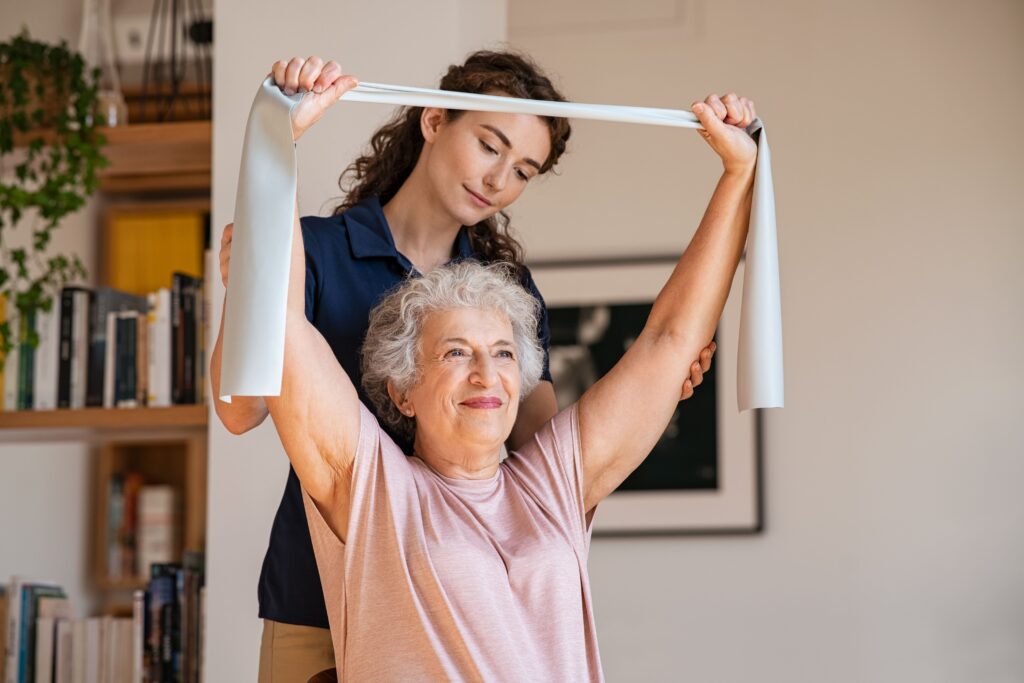
Healthcare professionals, such as physical therapists, chiropractors and osteopaths can provide hands-on care to help manage rotator cuff injuries and improve shoulder function. Techniques such as massage, manual therapy, and strengthening exercises can help reduce pain and improve mobility. Whenever you experience pain or stiffness in your shoulder reach out to a local therapist, they will be able to guide you so that you can reduce the risk of injury and importantly you can maintain your desired lifestyle.
Rotator cuff injuries are a common cause of shoulder pain and dysfunction, but with proper diagnosis and treatment, most people can recover fully. Seeking prompt care for a rotator cuff injury is crucial to prevent long-term complications and improve shoulder function. If you suspect you have damaged your rotator cuff muscles, consult with a healthcare professional for an accurate diagnosis and appropriate treatment plan.
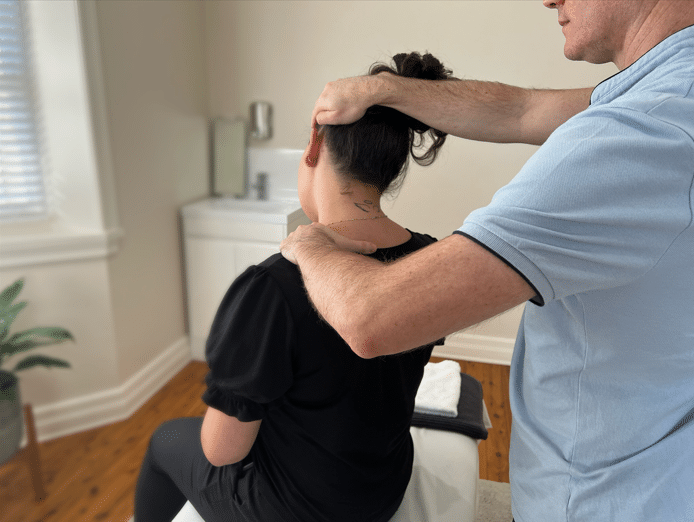
Forest Lodge, Annandale, Glebe, Leichhardt, Balmain, Haberfield, Canada Bay, Rozelle, Rodd Point, Wareemba, Stanmore, Petersham, Lilyfield, Hunters Hill, Enfield, Cabarita, Mortlake, Rhodes, Burwood Heights, Birchgrove, Gladesville, Huntleys Point, Abbotsford, Ashfield, Croydon Park, Croydon, Chiswick, Russell Lea, Burwood, Strathfield, Concord, Drummoyne, North Strathfield, Liberty Grove, Dulwich Hill, Lewisham, Camperdown, Ashbury, Homebush, Homebush West, Woolwich, Henley, Summer Hill, Sydney Olympic Park
212 Great North Road, Five Dock, NSW 2046
Onsite parking available
Phone: 02 9712 1736
Email: [email protected]

About
Five Dock Osteopathic & Chiropractic is located in Canada Bay, in Sydney’s Inner West. Servicing suburbs including Burwood, Croydon, Drummoyne, Five Dock, Haberfield, Concord, Abbotsford, Chiswick, Leichhardt, Wareemba, Russell Lea, Summer Hill, Strathfield.
Clinic hours
Monday, Tuesday, Thursday 7AM – 7PM
Wednesday, Friday 7AM – 6PM
Saturday 7AM – 2PM
Sunday 8AM – 2PM
Contact details